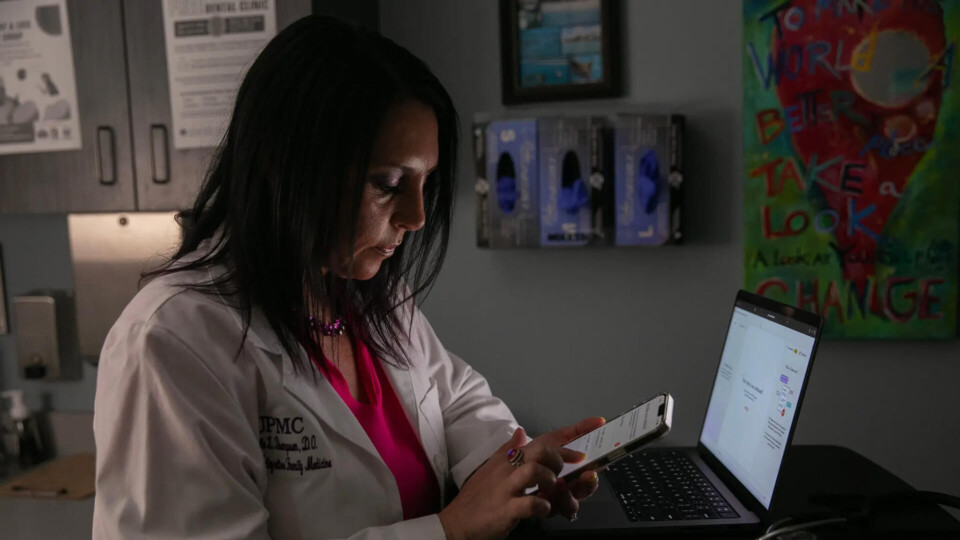A.I. May Someday Work Medical Miracles. For Now, It Helps Do Paperwork.
The best use for generative A.I. in health care, doctors say, is to ease the heavy burden of documentation that takes them hours a day and contributes to burnout.
From leaders at major medical centers to family physicians, there is optimism that health care will benefit from the latest advances in generative A.I. — technology that can produce everything from poetry to computer programs, often with human-level fluency.
But medicine, doctors emphasize, is not a wide open terrain of experimentation. A.I.’s tendency to occasionally create fabrications, or so-called hallucinations, can be amusing, but not in the high-stakes realm of health care.
That makes generative A.I., they say, very different from A.I. algorithms, already approved by the Food and Drug Administration, for specific applications, like scanning medical images for cell clusters or subtle patterns that suggest the presence of lung or breast cancer. Doctors are also using chatbots to communicate more effectively with some patients.
Physicians and medical researchers say regulatory uncertainty, and concerns about patient safety and litigation, will slow the acceptance of generative A.I. in health care, especially its use in diagnosis and treatment plans.
Those physicians who have tried out the new technology say its performance has improved markedly in the last year. And the medical note software is designed so that doctors can check the A.I.-generated summaries against the words spoken during a patient’s visit, making it verifiable and fostering trust.


